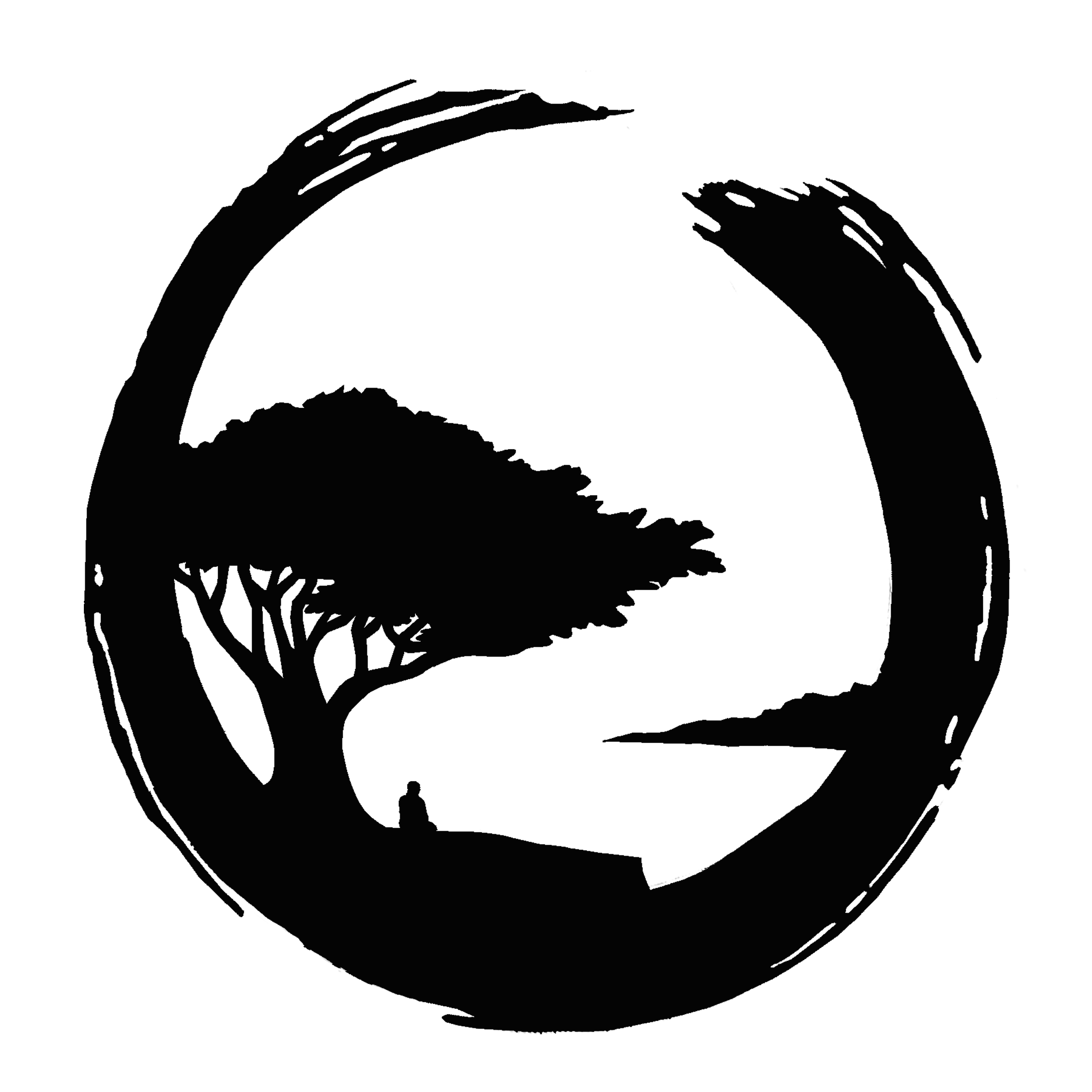Another Step on the Way: Tenderness and Embodied Practice
by Mark Orrisch
Prior to the mid-term elections, I volunteered with Swing Left Monterey, to help get Democrats elected in “swing” congressional districts in California. One of the activities I volunteered for was to call registered voters in two Central Valley congressional districts. Swing Left volunteers provided training in using current technology to make the phone calls.
I took the materials home to make the phone calls. I went on line to the phone bank program and just before I started the program, I felt a brief spell of panic. This was surprising as I felt fearless beginning the training. I had a long history of making phone calls when I was a volunteer organizer of unrecognized workers (not covered under the National Labor Relations Act). My commitment to the organizing was full time, seven days a week, and began when I was twenty until I was thirty-seven. I became disillusioned with the organization and left. I hadn’t done any political organizing or phoning until that day in October. Once the panic subsided, I started making the calls and got into the routine.
That sense of panic poked at my curiosity. It felt out of the blue or maybe from the shadow side of consciousness. During this time, I was participating in a discussion group on The Way of Tenderness: Awakening through Race, Sexuality and Gender by Zenju Earthlyn Manuel. Her book resonated with my sense of curiosity and helped me develop an insight into that moment. Those moments, impulses, thoughts that arise cantrouble us but can also help liberate us from continued suffering.
We must come through the fire of our lives to experience awakening. We are all tender no matter where we fall on the continua within race, sexuality and gender. We are tender in a raw sense, and not necessarily in a soft and gentle way. This tenderness is of a wounded nature. We are all sore from the hatred. Our tenderness is our aching, sensitivityand ultimately our vulnerability. This raw feeling is not only experienced by those who have been oppressed, abused and discriminated against. Experiences of hatred, whether giving or receiving it, have no boundaries. The abuser or oppressor also experiences a wounded tenderness. One cannot hate without knowing the experience of it. After all, aren’t those who are perceived to be dominant in our society hated too? Can we be tender in the raw sense and still actively walk the path of liberation?
(The Way of Tenderness, pages 15-16)
I had an intellectual understanding that emotions arise beyond thinking. I knew that I had traumas related to my experience as an organizer but I didn’t think about them much. The self that was a committed organizer was now an older, married, Zen Buddhist man, or so the story goes. The physical act of pushing the buttons tomake a phone call with a phone pitch in front of me called forth the memory of trauma. It was in the body. Without my zazen practice, an embodied practice, the memory of panic that arose would probably have just been buried again. Instead I became curious. I could investigate that memory. I had the confidence to investigate those memories that I feared. Could I be tender in the raw sense and still walk the path of liberation?
I realized that each of us has these experiences that can create suffering. They don’t exist separate from the body/mind nor separate really from each other. Our insight to this deep connection allows compassion to arise. I work to be more patient especially with anger. I often find that generosity arises. A step on the path of liberation.
Mark Orrisch
Editor’s Note: We hope that Another Step on the Way will be a regular feature of MBZC newsletter. The article above was developed from a talk given at Brown Bag Zen which meets on Fridays from noon to 1:00 pm. We would welcome articles from all Sangha members about their experiences and insights. Please submit articles to orrisch.markcharles@
